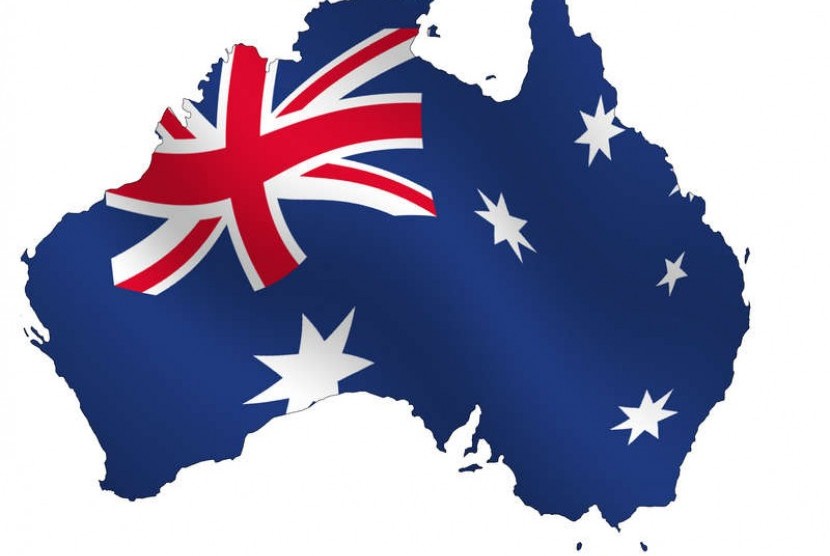REPUBLIKA.CO.ID, SYDNEY -- Australia is in talks with Japan and others on the design and production of its new submarines, the defence department said Tuesday (6/1), but did not confirm reports the two nations would jointly build the fleet.
Australia is seeking to replace its fleet of diesel and electric-powered submarines that date from the 1990s, but has not yet said if it will build the vessels locally or buy them off-the-shelf from an international supplier.
Under the proposal reported Monday, Japan's defence ministry would cooperate with Australia in developing special steel and other materials for its new submarines, while Tokyo will be in charge of assembling them, the Mainichi Shimbun said.
The joint work would be meant to assuage concerns that the domestic ship-building industry would be fatally hurt if Australia chose to buy Soryu-class submarines off-the-shelf from Japan instead of constructing them in the country with Japanese technology.
While the Mainichi Shimbun report said Australia had taken "a positive stance" on the proposal, with a deal possibly sealed by the end of this year, Australia said "no decisions have yet been made".
"Work is progressing to explore options for a conventionally powered Future Submarine, and Australia is discussing issues relating to submarines with a number of countries, including Japan," a defence department spokeswoman said in a statement.
"No decisions have yet been made on the design and build of the next generation of Australian submarines.
"The government's decisions will be based on reliable data evaluated against the navy's requirements."
Buying the submarines off-the-shelf from the East-Asian nation would cost Australia about Aus$25 billion (US$20.3 billion), compared with Aus$50 to Aus$80 billion if they were built at home.
But unions have expressed concerns that such an international arrangement would not just hurt Australian shipbuilders but also have a ripple effect on associated industries.
Japan is on a drive to promote its manufacturing industries abroad, with Prime Minister Shinzo Abe touring the world as salesman-in-chief.
Abe has argued that Japan must play a bigger role on the global stage and has pushed to loosen post-World War II restrictions on when its well-equipped armed forces can act.
He has also relaxed a self-imposed ban on weapons exports, paving the way for the possible deal with Australia. Immediate confirmation of the report was not available.


